The Term “Computer” Used to Refer to Humans
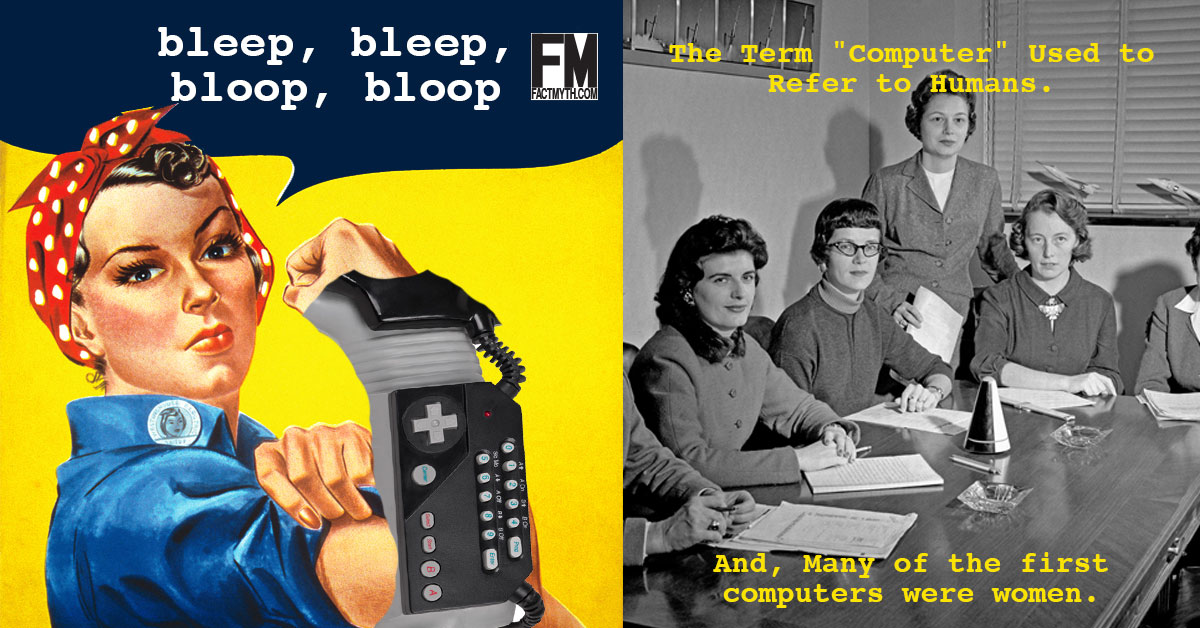
The term “computer” used to refer to humans who did computations (“computer” used to be a job description, not a machine).
A mathematician is someone who uses mathematics in their work, typically solving problems related to a branch of mathematics including the sciences.

The term “computer” used to refer to humans who did computations (“computer” used to be a job description, not a machine).

Charles Babbage can be considered “the father of the computer” as he invented the first mechanical computer (the Difference Engine 1822) and ”the first general-purpose computer” (the Analytical Engine 1837).
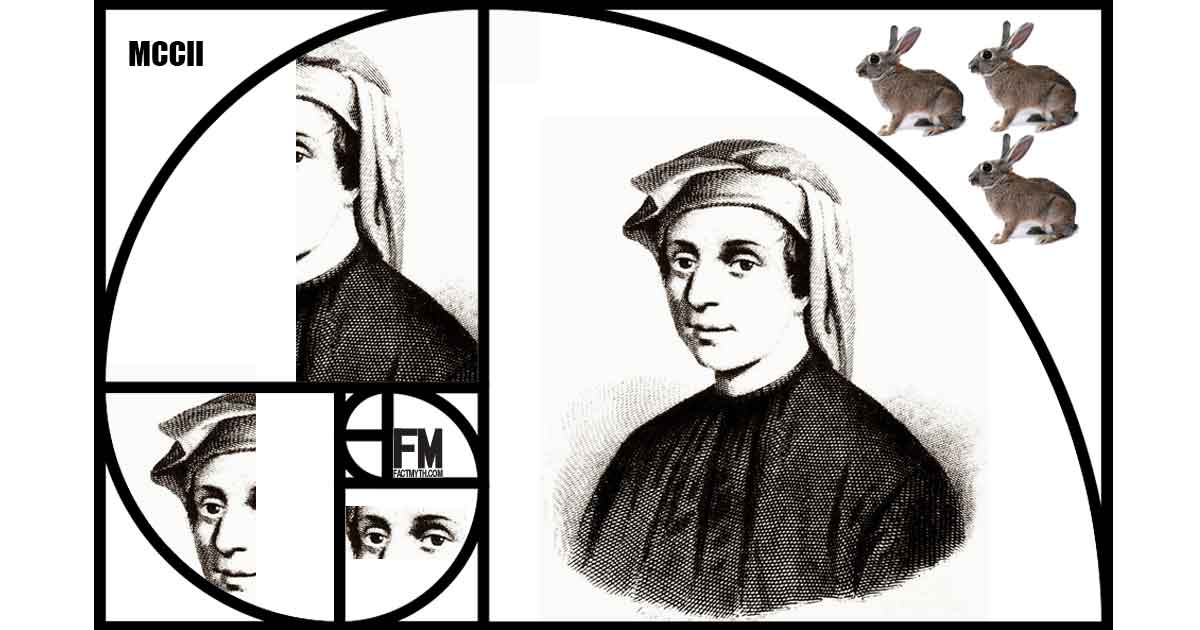
Leonardo Fibonacci introduced the modern decimal numeral system (the Hindu–Arabic numeral system) to Europe in 1202. Before this Roman numerals were used.
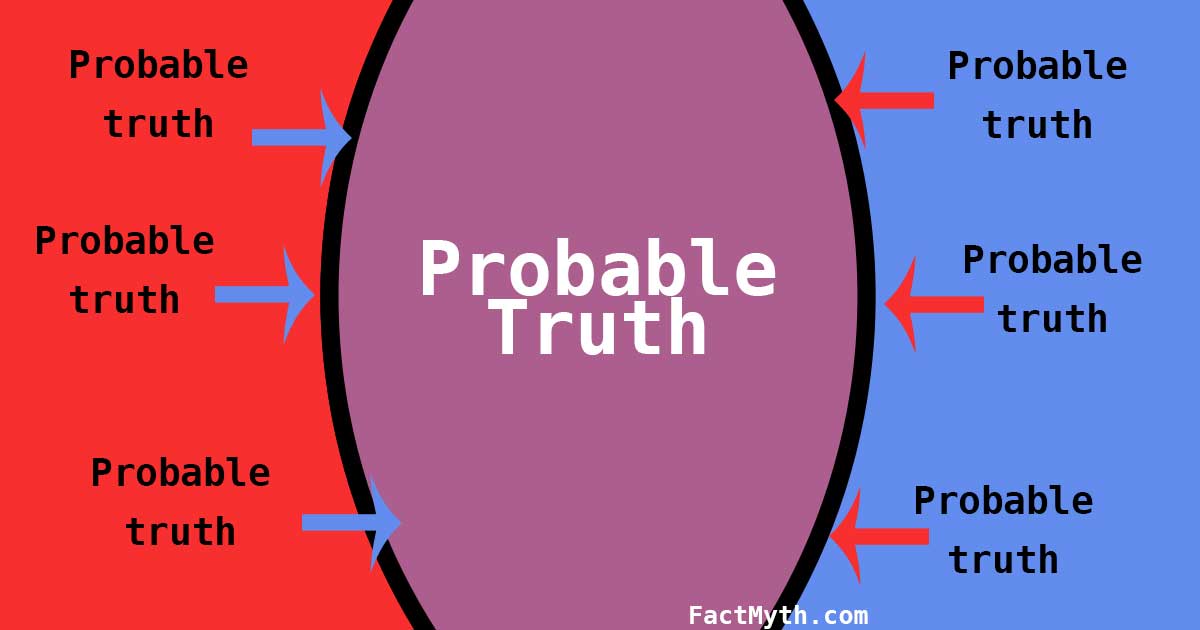
Blaise Pascal and Pierre de Fermat invented probability theory in 1654 to solve a gambling problem related to expected outcomes.
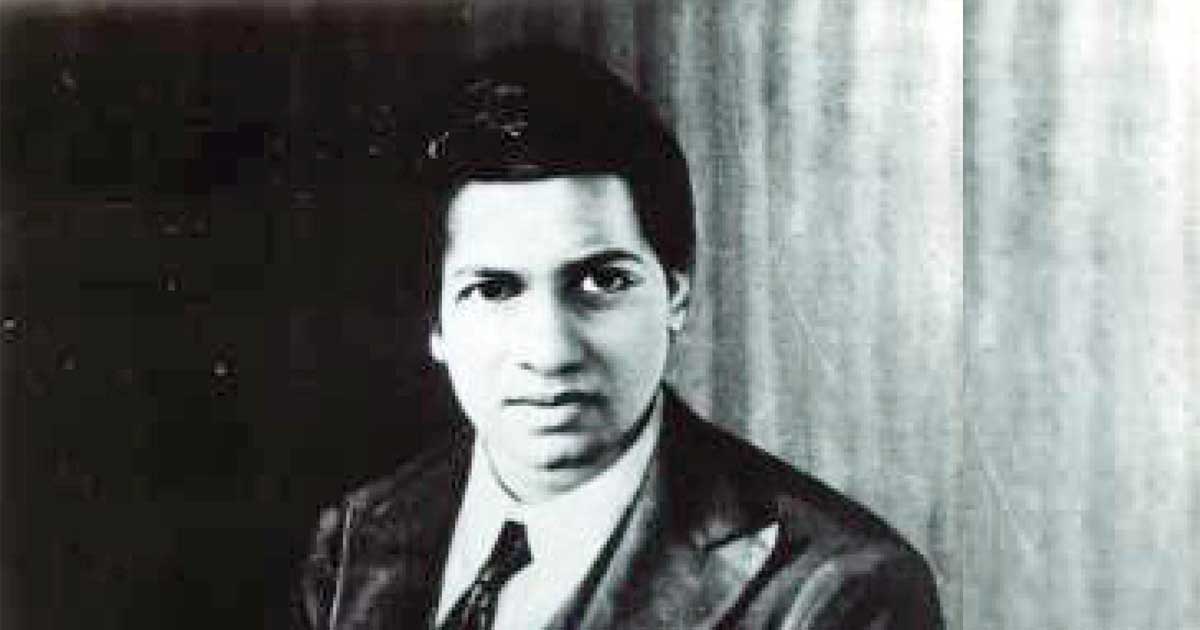
Srinivasa Ramanujan had no formal mathematics training in his early years. He did his research in isolation, rediscovering old theorems and producing new ones.
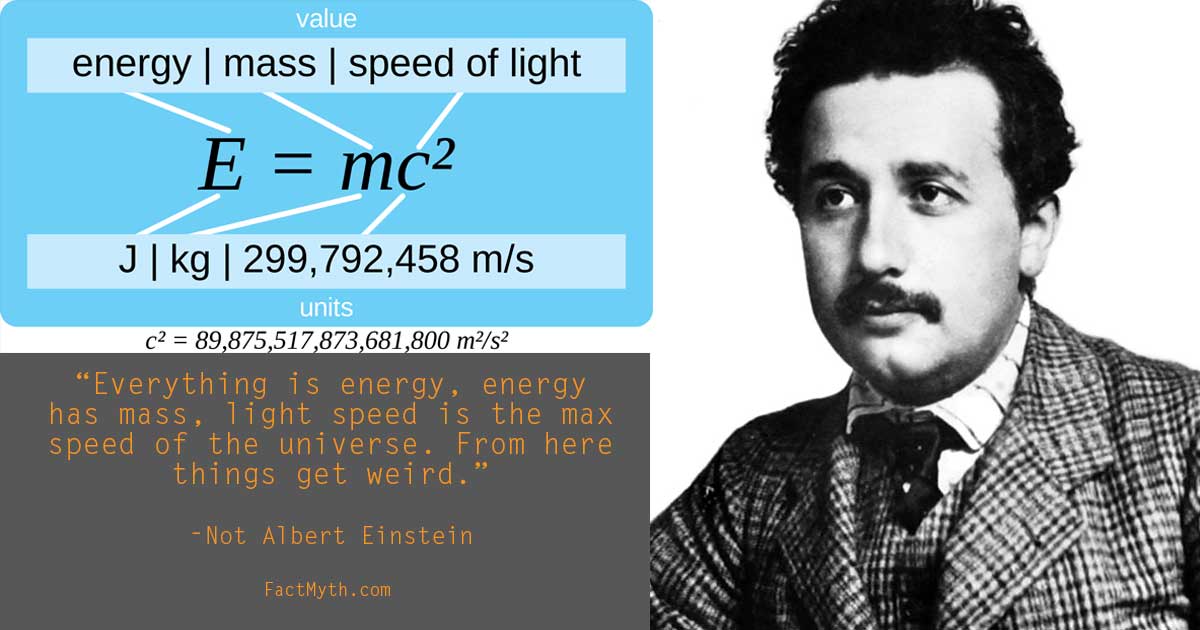
Einstein wasn’t a poor student. Despite minor troubles in French and the Humanities, Einstein was a prodigy in math and physics from a young age.
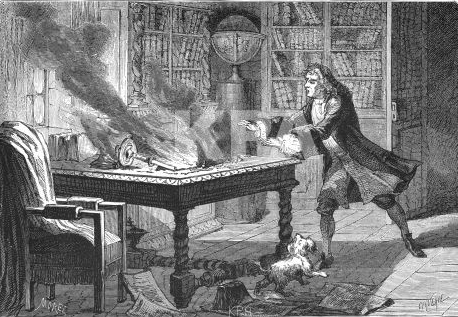
Isaac Newton produced many well-known works in math, astronomy, and physics, but he produced about as many unpublished works which dealt with theology, alchemy, and the occult.
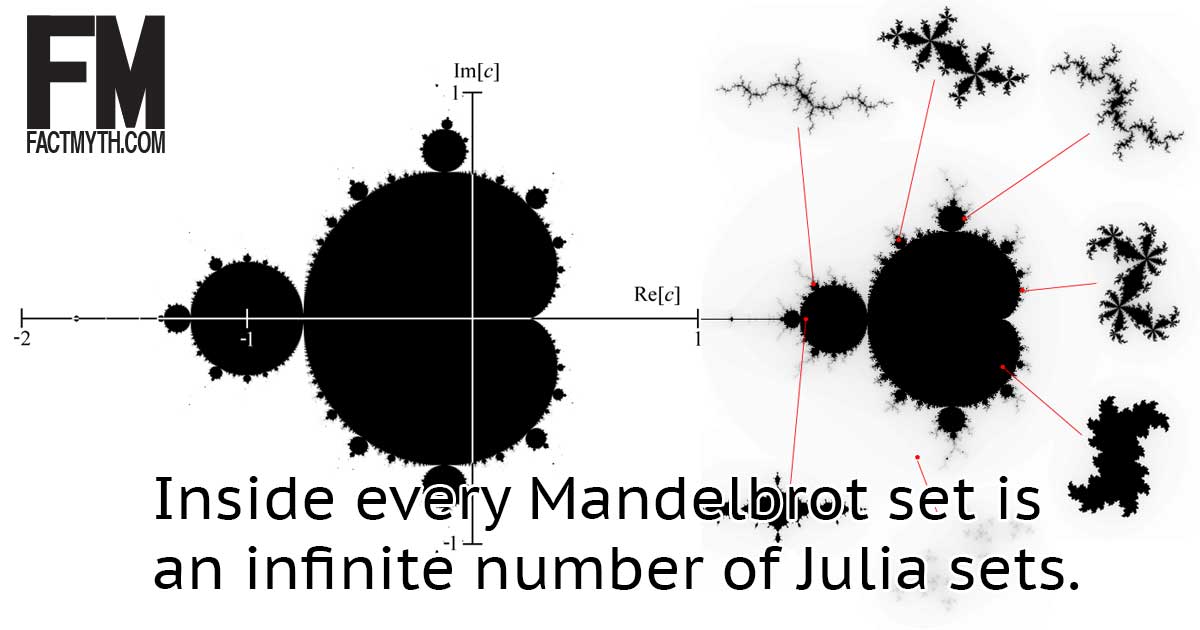
Benoît Mandelbrot coined the term “fractal” in 1975 to describe the naturally occurring, never-ending, infinitely complex, [often] self-similar, geometric patterns, which look “fractured” or “broken.”

Everything is either true or not true, but not everything that is true can be proven true, and not everything false can be proven false.

Sir Isaac Newton can be said to have discovered the laws of motion, but more accurately, he refined the work of Aristotle, Galileo, Descartes, and others.